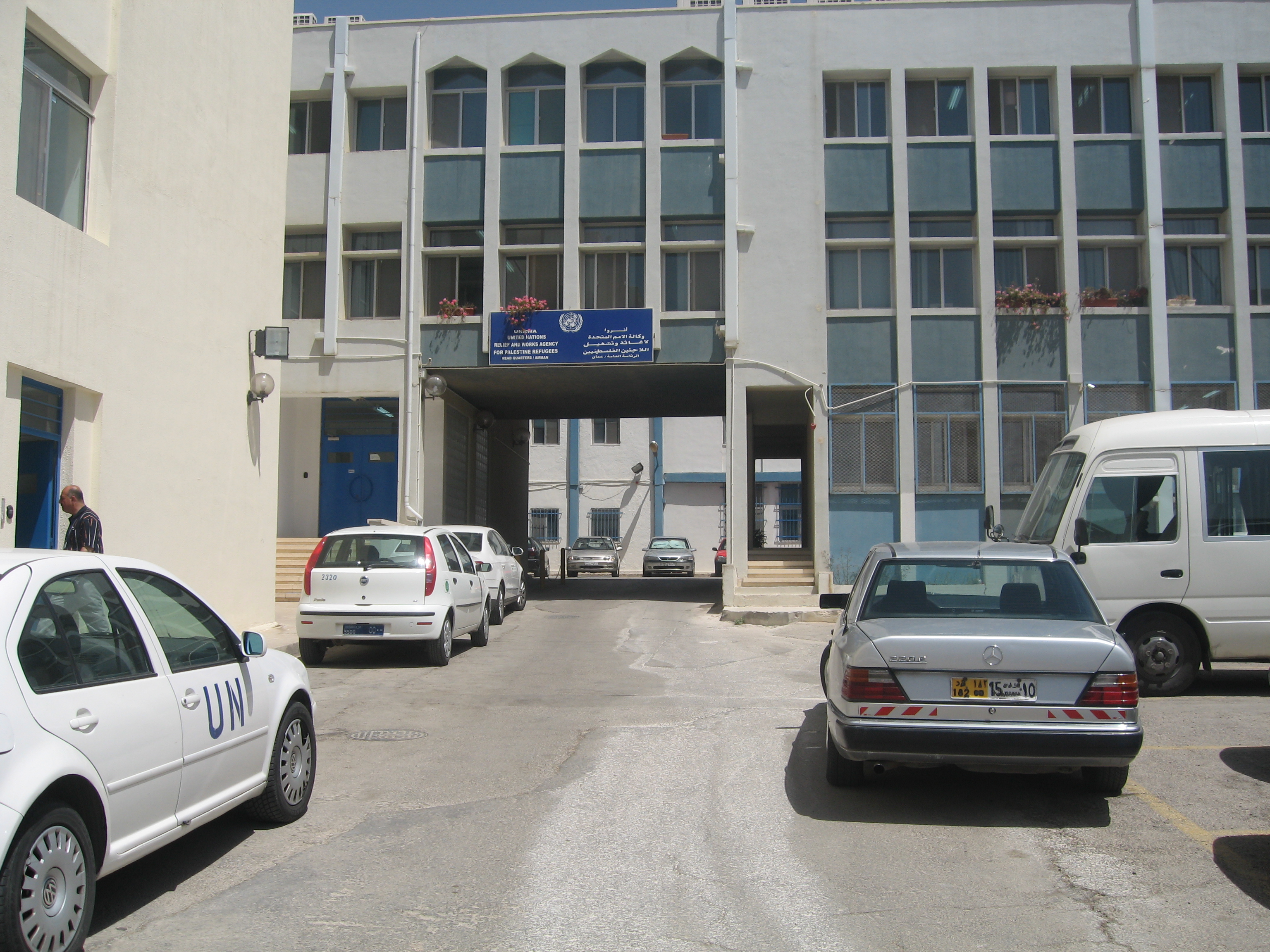The UN agency for Palestinian refugees (UNRWA) has said it is concerned that rising prices of fuel and basic commodities will affect humanitarian aid deliveries to refugees in Jordan.
"The increase in fuel prices and consumer commodities will have an obvious effect on our services to refugees in Jordan, because our operational costs will increase and the financial burden will become greater," Sheldon Pitterman, director of UNRWA operations in Amman, told IRIN.
On 8 February the Jordanian government increased fuel prices by 3-76 percent, as it is phasing out subsidies.
Domestic fuel and kerosene prices went up by 76.1 percent, with petrol prices climbing three percent, nine percent or 33 percent depending on quality. Fuel prices have gone up 300 percent in the last three years.
The decision to raise fuel and food prices and phase out subsidies was adopted on advice from the World Bank and the International Monitory Fund and is designed to boost the kingdom's sluggish economy. Jordan imports 76 percent of its needs from abroad.
UNWRA aid
UNRWA provides humanitarian assistance to at least 50,000 Palestinian refugees in Jordan - living either in 13 refugee camps or in towns and villages - as part of the so called "special hardship cases" programme.
Beneficiaries receive food items such as flour, rice, sugar, milk, cooking oil and rice, and cash handouts of about US$136 per person annually.
Food prices in local markets, from which UNWRA purchases some of its items, will increase due to the high costs of production, according to Mahmoud Atiat, deputy president of the Foodstuffs Association.
Basic food prices have already increased by 100-300 percent over the past three years and the figure is expected to rise further, he said.
Salary costs up
To ease the impact of the cut in subsidies, the government allocated a US$424 million to increase the salaries of civil servants and pensioners. UNRWA is emulating the government and decided to conduct a salary review for its 7,000 employees.
"We expect an extra financial burden after we increase the salaries of our employees, which will make the situation even more difficult," Pitterman said.
Cash handouts
The Jordanian government has also tried to help needy citizens cope by increasing payouts from the National Aid Fund by US$15 a month per person.
UNRWA, however, has said there is no plan at present to increase cash aid to those who receive help through the “hardship cases” programme. "Our focus is to deliver aid to those who deserve it most, but we are not considering increasing the amounts of cash granted to beneficiaries," he said.
Increased medical costs
UNRWA officials said the increase in the cost of medicine would also have a negative impact on health services.
UNWRA caters for over 1.7 million refugees who receive free medical aid in clinics across the kingdom. “Now the high cost of medicine will be an added burden,” said UNRWA spokesman Matar Saqer in Amman.
UNRWA was created by the UN after the 1948 war between the Arab countries and Israel. It provides education, healthcare, social services and emergency aid to over 4.4 million refugees living in the Gaza Strip, the West Bank, Jordan, Lebanon and Syria.
Most refugees arrived in Jordan after the 1948 Arab-Israeli war, while others flooded to the East Bank of the River Jordan after the 1967 Arab war with Israel.
mbh/ar/cb
This article was produced by IRIN News while it was part of the United Nations Office for the Coordination of Humanitarian Affairs. Please send queries on copyright or liability to the UN. For more information: https://shop.un.org/rights-permissions




